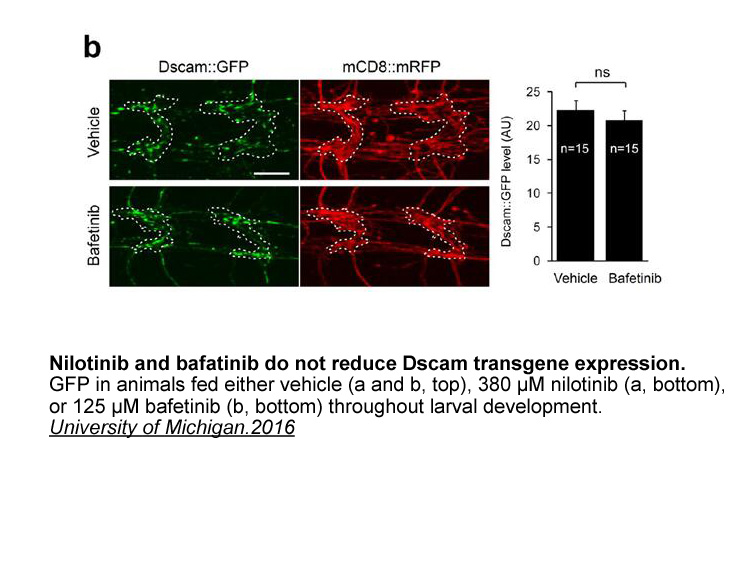Archives
br Material and methods br
Material and methods
Result
Discussion
The female with well-differentiated endometrial cancer, especially those in the reproductive age have a strong desire to preserve fertility. Therefore, conservative medical treatment with progestin is widely used in the clinic. However, up to 30% of patients fail to respond to progestin therapy. Progestin resistance commonly results in the failure to maintain uterus in women with endometrial cancer, finally they still have to undergo hysterectomy. The main reason is that the molecular mechanism keeps unexplored. Our group has been interested in this research topic for a long time, we previously found that GLOI contributes to progestin resistance and mediates metformin-induced enhanced progestin sensitivity in endometrial cancer [5]. However, the relationship between metformin and GLOI Phosphatase Inhibitor Cocktail (2 Tubes, 100X) remains unclarified.
Emerging evidence shows that metformin endows anti-cancer ability in various cancers including breast cancer, prostate cancer, pancreatic cancer, leukemia and liver cancer [[20], [21], [22], [23], [24], [25], [26], [27]]. Increasing evidence stated that metformin could effectively block endometrial cancer cellular growth [13]. More importantly, the multiple roles of metformin have been found. It also exhibits a character of sensitizing cancer cell to drug therapy including chemotherapy drugs and hormone. In our previous study, we found metformin reversed progestin resistance in endometrial cancer [5]. In the present study, it was found that both TET1 and GLOI overexpressed in endometrial lesions, so did 5hmC level. Evidence suggests that GLOI involves in endometrial cancer occurrence and contributes to progestin resistance. The similar expression pattern between GLOI and TET1 indicates that TET1 also plays a role in progestin resistance. Moreover, knocking down TET1 with siRNA decreased the expression level of GLOI, which suggests that GLOI is a targeting gene of TET1. Indeed, transfection of TET1 increased total DNA 5hmC level in endometrial cancer and resulted in more 5hmC binding in GLOI promoter region, which in turn enhanced the hydroxymethylation of GLOI and enhanced transcript activity. These effects elevate GLOI expression and finally cause progestin resistance.
The involvement of GLOI in the regulation of progestin sensitivity and leading to bluntness of progestin efficiency indicates that GLOI plays an important role in progestin resistance. Consistent with our result, inhibition of GLOI increased apoptosis induced by chemotherapy in apoptosis-resistant pancreatic cancer cell lines [28]. Thornalley PJ and Rabbani revealed that high activity of GLOI is responsible for multi-drug resistance in various cancer chemotherapy [29]. Several reports stated that GLOI plays an important role in various cancer cell growth, including breast cancer, colorectal cancer, hepatocellular carcinoma, leukemia and prostate cancer, which agree with our results that GLOI has the potential to facilitate EC cell proliferation [14,[30], [31], [32], [33]].
Antognalli found that GLOI may involve in prostate cancer progression through NF-kB signaling pathway [34]. In previous study, we found that TET1 regulates GLOI expression in EC cell lines, and NRF2 (which has been proved to have functional cross-talk with NF-kB through pharm acological and genetic studies) regulates TET1 expression in EC cell lines, which indicates that NF-kB signaling pathway may also involve in GLOI mediated EC cancer cell proliferation. Here we found metformin increased protein level of cleaved-caspase-3 and cleaved-caspase-9 in EC which are known to play vital role in apoptosis. As many researchers reported that GLOI involved in cancer cell anti-apoptosis, we hypothesized that GLOI regulate cleaved-caspase-3 and cleaved-caspase-9 to control apoptosis [28,35].
As metformin has the potential to downregulate GLOI expression, it is reasonable to conclude that metformin induces apoptosis. Although in Fig. 2e there is not sign of cell killing ability of metformin in ishikawa cell line, the cell kill effect in ECC1 cell line proved to be insignificant. There is vital increase in cleaved-caspase-9 and cleaved-caspase-3 when adopted with metformin (Fig. 2d). This can be attributing to the dose of metformin, with enough dose, metformin should play an important role in cancer cell killing. As such, in EC, metformin can not only facilitate the efficacy of progestin but also reduce cellular proliferation itself.
acological and genetic studies) regulates TET1 expression in EC cell lines, which indicates that NF-kB signaling pathway may also involve in GLOI mediated EC cancer cell proliferation. Here we found metformin increased protein level of cleaved-caspase-3 and cleaved-caspase-9 in EC which are known to play vital role in apoptosis. As many researchers reported that GLOI involved in cancer cell anti-apoptosis, we hypothesized that GLOI regulate cleaved-caspase-3 and cleaved-caspase-9 to control apoptosis [28,35].
As metformin has the potential to downregulate GLOI expression, it is reasonable to conclude that metformin induces apoptosis. Although in Fig. 2e there is not sign of cell killing ability of metformin in ishikawa cell line, the cell kill effect in ECC1 cell line proved to be insignificant. There is vital increase in cleaved-caspase-9 and cleaved-caspase-3 when adopted with metformin (Fig. 2d). This can be attributing to the dose of metformin, with enough dose, metformin should play an important role in cancer cell killing. As such, in EC, metformin can not only facilitate the efficacy of progestin but also reduce cellular proliferation itself.